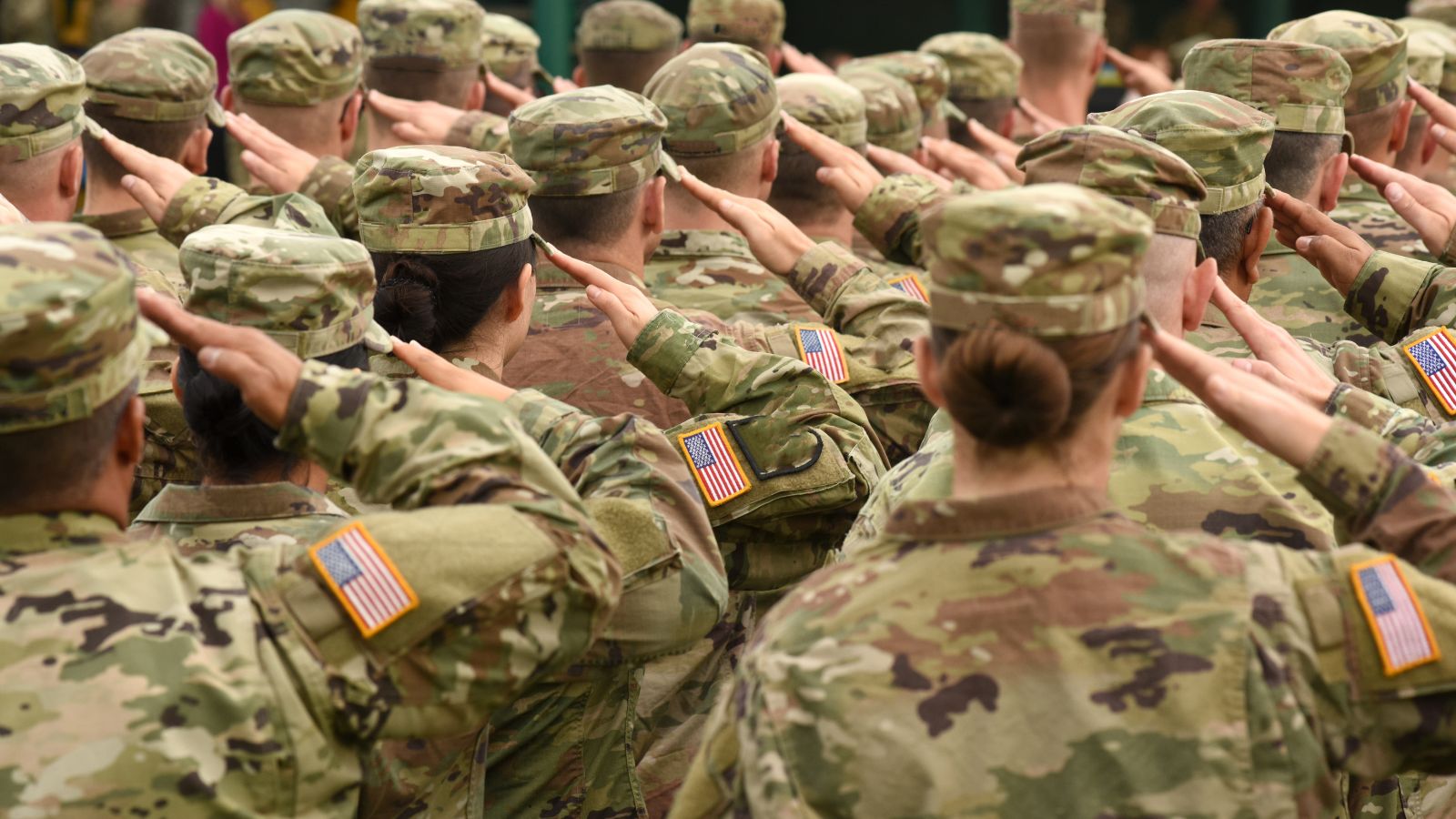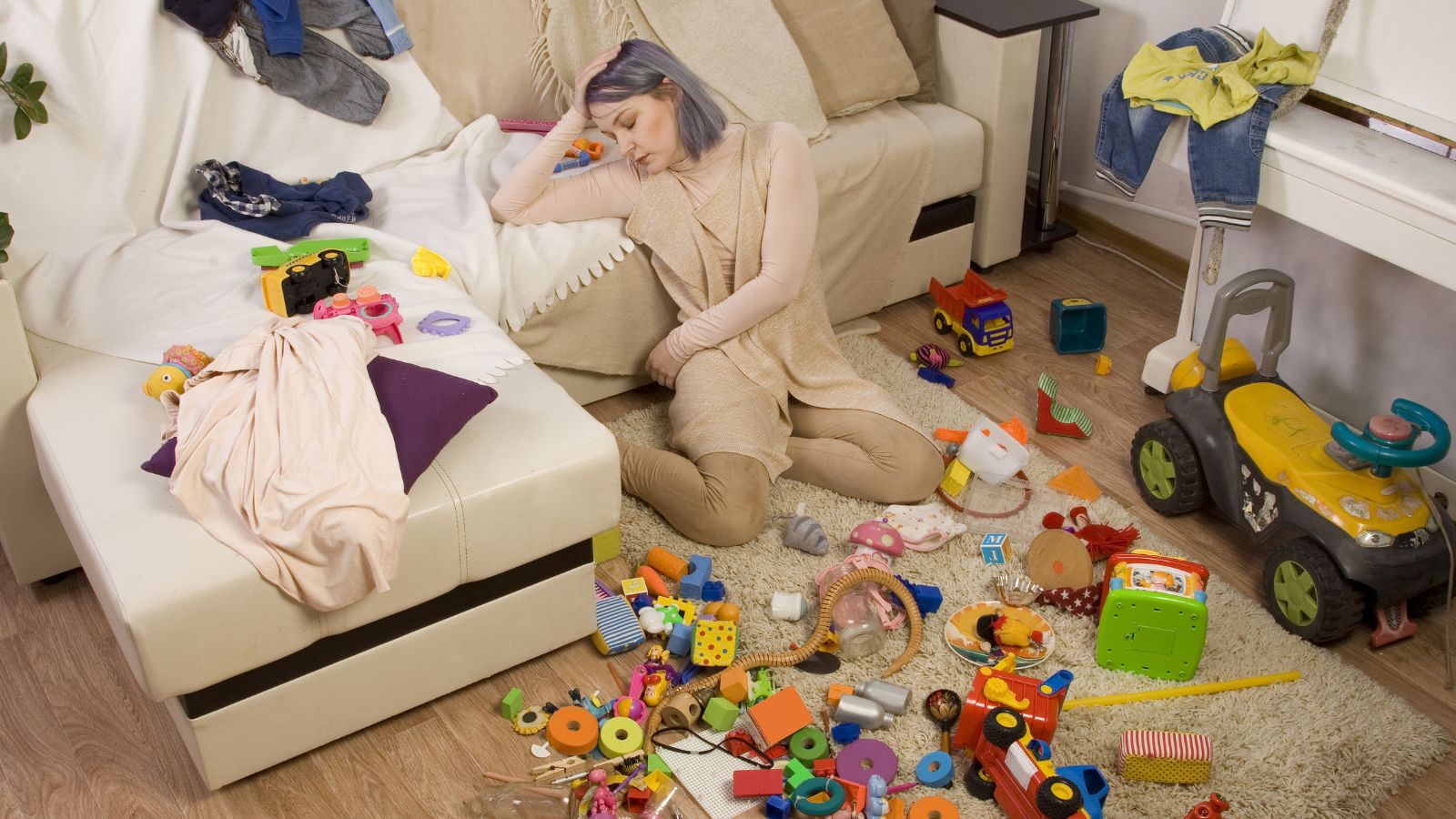Throughout history, religious texts have shaped societal norms, especially the Bible, which set limits on what women could do. Here are 19 key things that women were not allowed to do according to biblical teachings, highlighting the restrictions placed on their roles and behaviors.
Speak in Church

According to 9 Marks, Paul writes that women should keep quiet in church and if they have the desire to learn, then they should ask their husband when at home. Most people have interpreted this as saying women should keep quiet and it was seen as a way to keep things orderly and uphold authority in the church.
Teach Men

In the past, teaching roles were mostly held by men, especially in religious settings. Women weren’t allowed to teach or have power over men, which included preaching. This limitation was put in place to keep the patriarchal system intact, keeping women’s voices silenced in many public spaces.
Serve as Priests

You may already know that back in biblical times, only men could be priests. Women weren’t allowed to serve or take part in religious roles that involved sacred ceremonies. This showed how much religious leadership was dominated by men, highlighting the limited roles women had in these important spiritual positions.
Dress Immodestly

The Bible offers many lessons, such as its encouragement to dress modestly. Women are advised to avoid flashy hairstyles, gold jewelry, and expensive clothes. The main idea is to promote humility and decency, focusing on modesty and appropriate appearance rather than drawing attention with extravagant outfits or accessories.
Initiate Divorce

According to biblical teachings, women couldn’t initiate divorce, and it was mostly a man’s right. A husband could end the marriage, but a wife usually couldn’t. This system kept men in control and reinforced their authority in relationships, highlighting the unequal power dynamics that existed during that time.
Own Property Independently

What seems unfair nowadays is that women faced huge restrictions on owning property. They couldn’t own anything on their own, and their rights to property were usually linked to the men in their lives. When a woman married, her belongings usually became her husband’s, which really limited her financial independence and ability to make her own choices.
Hold Authority Over Men

It turns out that women weren’t allowed to have authority over men, especially in religious and community roles. The idea was that men should take the lead while women followed. This belief was rooted in traditional views reflected in the Bible, promoting a clear gender hierarchy that influenced society’s norms and expectations.
Inherit Equally with Male Relatives

It’s fascinating how inheritance laws used to favor men, meaning women often missed out on property rights. Sons were usually seen as the preferred heirs, while daughters got less or no inheritance. This kept property within the male line, making it harder for women to own or inherit land and assets.
Speak to Strangers Publicly

Many people may overlook that women were often discouraged from talking to strangers, especially men. It was seen as inappropriate and could raise doubts about a woman’s character. This rule was meant to protect a woman’s reputation and keep things proper in society, reflecting the norms of the time regarding interactions between genders.
Participate in Public Debate

We shouldn’t forget that women weren’t allowed to join public debates or discussions. They were discouraged from sharing their thoughts or arguing in public, which was considered a man’s job. This reinforced gender roles and kept women from having a visible role or influence in society. It’s important to recognize and change this.
Lead Religious Services

One interesting fact is that leading religious services was a role reserved for men. Women were not allowed to take on leadership positions within religious gatherings, and this prohibition extended to conducting prayers, sermons, and any other leadership activities within religious contexts.
Act as Witnesses in Legal Matters

Take a closer look at the Bible, and you’ll see that women’s testimonies were not given the same weight as men’s in legal matters. Acting as witnesses in legal proceedings was generally prohibited for women. This restriction highlighted the gender biases in judicial contexts, where male testimony was considered more credible.
Speak Prophecies Publicly

Did you know that women were not permitted to publicly declare prophecies? While there were female prophets in the Bible, their public roles were limited compared to their male counterparts. Women were often encouraged to share their prophecies in more private or controlled settings.
Engage in Battle

It comes as no surprise that women were generally not allowed to participate in battles or military activities. Biblical narratives and laws emphasized male warriors and leaders in combat. This restriction reinforced traditional gender roles, with men as protectors and women as caretakers of the home.
Neglect Household Duties

While it may be common knowledge, household duties were seen as women’s primary responsibility. Neglecting these duties was discouraged, as women were expected to maintain the home and care for the family. This expectation kept women’s roles confined to domestic spheres, emphasizing traditional family structures.
Conduct Business Independently

If you’ve read the Bible, then you may know that conducting business independently was a rare privilege for women. Business activities and financial transactions were predominantly managed by men. Women were often excluded from the economic sphere, which limited their financial autonomy and business involvement.
Choose Marriage Partners Freely

It’s sad to learn that women did not always have the option of freely choosing their marriage partners. Marriages were often arranged by families, and women’s preferences were secondary. This practice aimed to secure social, economic, or political alliances, prioritizing familial interests over individual choice.
Serve as Judges

You could’ve probably guessed that serving as a judge was typically a male role in biblical times. Women were generally not allowed to hold judicial positions or make legal decisions. This restriction underscored the gender hierarchy within the legal system, where authority and judgment were reserved for men.
Participate in Public Festivities Unchaperoned

Interestingly enough, public festivities and social gatherings were areas where women’s participation was often regulated. Women attending such events unchaperoned were frowned upon. The presence of a male guardian or relative was typically required to ensure propriety and protect the woman’s honor.
Up Next: 19 American Foods that Are Not Allowed in Other Countries

We can debate all day about who has the safest food supply in the world. Though, I’d bet you would be surprised at how many everyday American foods are banned in other countries. Most are due to chemical additives and pesticides, which, in places like the EU, cannot be approved for use unless proven safe. Let’s take a look at 19 of them.
19 American Foods that Are Not Allowed in Other Countries
19 Things That Will Happen When You Stop Drinking Alcohol

Whether you identify as an alcoholic or a casual drinker, alcohol can have a significant negative impact on your health. This is why more and more people are choosing to go cold turkey for the sake of their well-being. If you’re considering going sober but need a little more convincing, we’ve got you covered. Here are 19 things that will happen when you stop drinking alcohol.
19 Things That Will Happen When You Stop Drinking Alcohol
17 Things Guests Actually Notice Right Away About Your House

Inviting people into your home is a big deal. You may be very house-proud or house-conscious, and if you are either, you’ll likely get anxious about hosting. If this sounds like you, stop worrying and focus on the following 17 things that guests actually notice right away about your house.
17 THINGS GUESTS ACTUALLY NOTICE RIGHT AWAY ABOUT YOUR HOUSE
